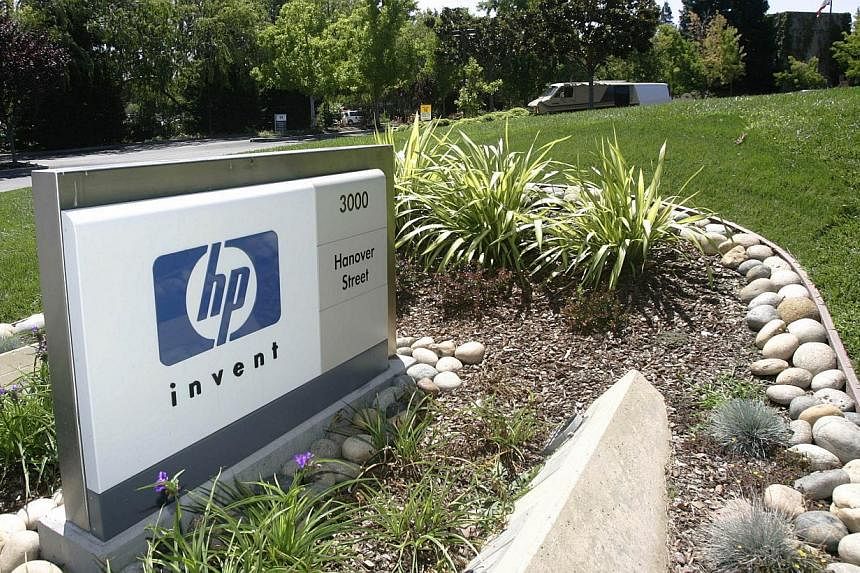Hewlett-Packard's (HP's) business today includes printers, PCs, tablets, servers, networking, cloud and server and storage services.
But come October 2015, it will break up into two separate companies, HP Enterprise and HP Inc.
The two new HP entities empowered by their own financial resources and with added focus and independence will be more agile, able to identify and pursue fresh business opportunities and relevant merger and acquisition targets.
What will change?
Consumers can continue to buy HP PCs including its laptops and tablets and printers. The HP brand continues. Customer service will remain the same.
Adjacent markets that HP Inc can look at include 3D printing. 3D printing today is largely used by corporate customers such as aircraft makers and engineering firms to produce prototype and concept models. Prices of 3D printers and materials are expected to fall. When this happens, manufacturing companies will quickly move into the making of many things from spare parts for turbine engines to toothbrushes.
US research firm Canalys forecasts that it will be a US$16.2 billion market by 2018, up from US$3.8 billion in 2014.
At the other end of the spectrum is the 3D consumer market which is beginning to emerge. Largely a hobbyist market, it has potential for consumers to make anything they want like toys, jewellery and even clothes.
HP Enterprise will focus on cloud, storage and networking services. This makes up a company's IT infrastructure, a business which is getting competitive. It will have to offer more than just hardware and services to win corporate customers. One way would be to offer services to run on top of the infrastructure such as systems management.
It will also have to work harder to win corporate customers because it has lost its one big advantage of a one-stop shop. Previously, its corporate customers found it convenient to buy hardware and software from one company. Now they will have to look at different companies for PCs and PC servers.
One area that HP Enterprise can look into is the Internet of Things (IoT) which refers to the ever-growing network of physical objects that are linked to the Internet and which are inter-connected to each other.
The expertise it has to make print heads, the device which controls the amount of ink and how finely it can be squirted onto a piece of paper, cloth or plastic can be re-defined as sensors for the IoT market.
In Singapore, HP is a long-established presence with functions such as sales and marketing, logistics and manufacturing activities. Its printing manufacturing plant here makes inks, print heads and printers. It also makes servers here.
Among its contracts with the public sector is the Government Cloud, a private cloud service which it won in 2012 together with SingTel.
In the run-up to the break-up, HP will be axing 55,000 workers. Inevitably, some of these workers will be from the Singapore team.


